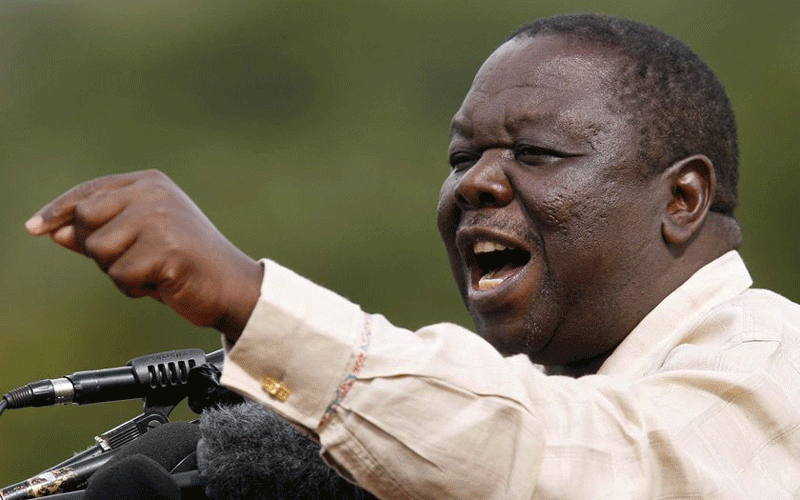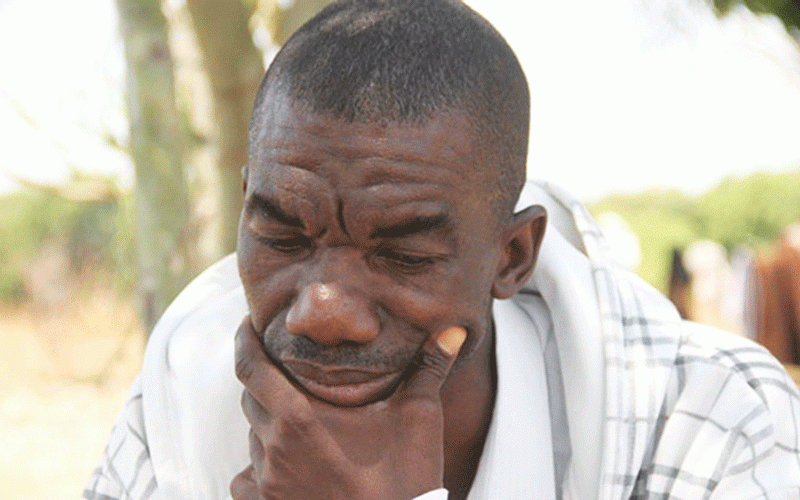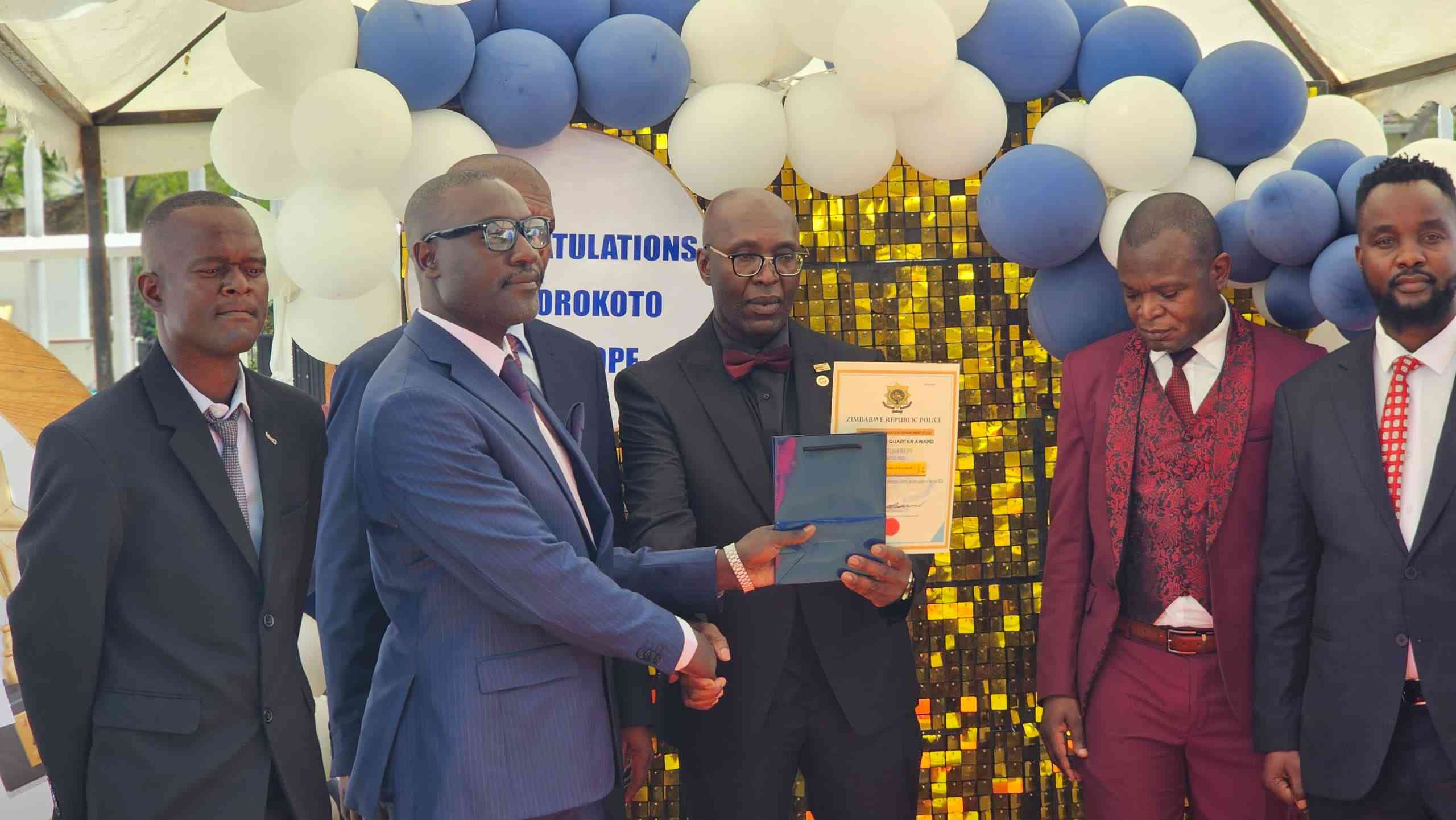
MDC founding member, Morgen Komichi, says the late party leader, Morgan Tsvangirai, may have contributed to the collapse of the opposition party by failing to have a clear succession plan.
"We formed the MDC with the belief that we could bring about positive change in Zimbabwe,” Komichi said in an interview with NewsDay as debate on the future of the once vibrant opposition party rages.
“We wanted to create a democratic society where the voices of the people would be heard and respected. His (Tsvangirai)’s failure to clearly define a succession plan arguably led to the fragmentation of the party after his unfortunate passing.
“This lack of foresight may have contributed to the challenges the MDC faces today, including internal divisions and a weakened position.”
MDC was formed in 1999 in response to increasing authoritarianism and economic decline under the late former President Robert Mugabe's rule.
Despite allegations of electoral irregularities and violence, the MDC remained resilient and continued to participate in subsequent elections.
Tsvangirai came close to becoming the country’s President when he won the first round of a March 2008 presidential election with 47,85% against the late President Robert Mugabe’s 43,2%.
Tsvangirai withdrew from the run-off election citing widespread violence against his supporters.
- Backlash over ZEC’s huge 2023 poll fees
- Ex-Mwonzora ally defects to CCC
- Pomona saga: Harare handed shock US$750k ‘garbage’ bill
- CCC giving us sleepless nights: Mohadi
Keep Reading
A government of national unity soon followed, which significantly transformed Zimbabwean politics.
However, following Tsvangirai’s death in 2018, MDC plunged into leadership struggles and internal divisions which resulted in numerous splits.
Opposition Citizens Coalition for Change (CCC) leader Nelson Chamisa briefly led the party before his nemesis, Douglas Mwonzora, snatched the reins from him.
Chamisa went on to form CCC, which has ousted the MDC as the country’s main opposition.
Since then, the party has performed dismally in by-elections, and analysts believe 2023 elections may be the last showing for MDC.
Reflecting on the party's participation in elections, another founding member Lucia Matibenga said: “We knew it wouldn't be easy, but we were determined to fight for the rights of the people.
“We believed that through the ballot box, we could bring about real change and create a better future for Zimbabwe.”
Under Mwonzora, MDC has faced potentially fatal challenges.
One notable setback is the party's failure to field parliamentary candidates in some constituencies for the first time since its formation.
This failure has raised concern over the party's ability to effectively contest in elections and maintain relevance in Zimbabwean politics. Mwonzora was, however, adamant that the party will spring a surprise in the forthcoming election when contacted for comment.
“I invite you for dinner before my inauguration at the State House. The MDC is going to form the next government,” Mwonzora said.
Political analyst, Simukai Tinhu, believes this election will finally sound the death knell for MDC.
“Today the party is more dysfunctional and commands less authority and support than ever before, and it shouldn’t come as a surprise when it loses, even in a free and fair election,” he said.
“If the MDC wants to enter the nation’s history books, and not end up as a footnote like Edgar Tekere’s Zimbabwe Unity Movement, it needs, sooner rather than later, to win back the hearts and minds of those Zimbabweans who had so much hope and belief in it.”










